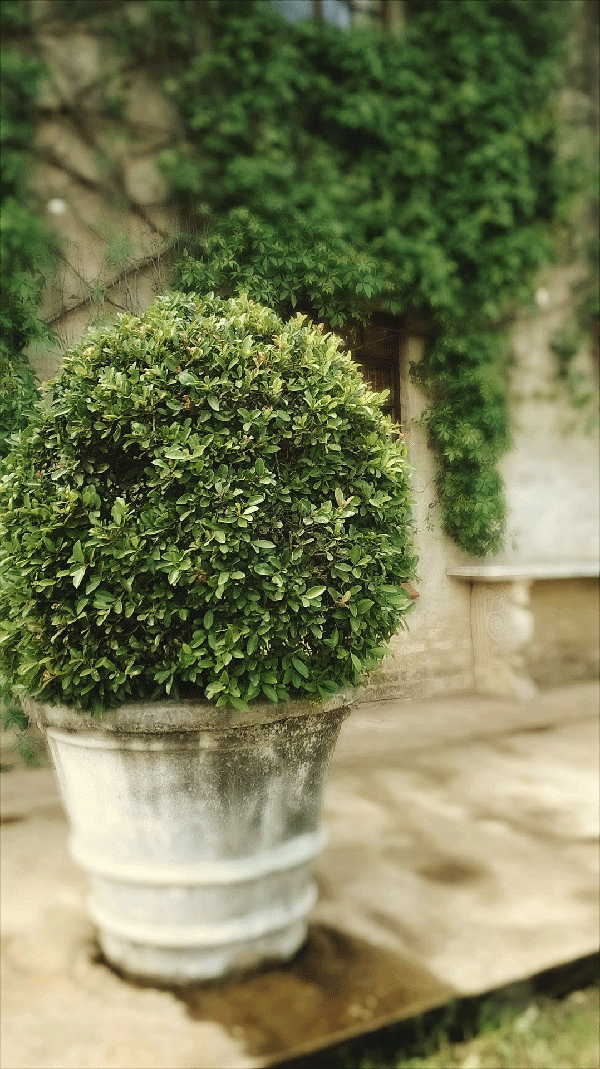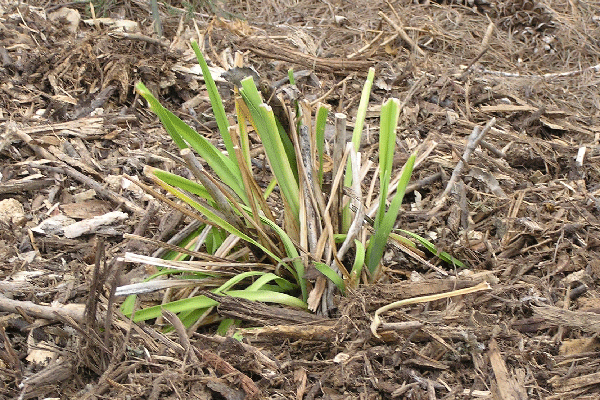Gardeners can improve the winter survival of tender plants, but first they need to recognize which plants are at risk of winter damage. Plants damaged or killed during winter are often not injured directly by cold temperatures, but indirectly by frost heaving or desiccation.
Frost Heaving
Fall-planted trees, shrubs and perennials haven’t had much time to establish their root system, which puts them at risk of frost heaving. Frost heaving occurs when soil alternately freezes and thaws. Plants with limited rooting can be pushed up out of the ground so the crown or roots are directly exposed to cold winter temperatures. Exposed roots dry out and die. An application of winter mulch reduces the potential for frost heaving by keeping the soil cold and reducing soil temperature swings.
Winter Desiccation
Winter desiccation is a common type of injury that occurs when the amount of water lost by a plant’s foliage exceeds the amount picked up by the roots. Winter watering during dry periods with little snow cover when the ground is not frozen is beneficial. Mulch also helps prevent winter desiccation by holding moisture in the soil and minimizing the effects of dry winter conditions.
Protection for In-Ground Plants
Apply loose mulch to a depth of four inches in late November or early December after daytime temperatures have dropped consistently into the 20s. Do not apply the mulch too early in fall since it can delay hardening off, making plants more susceptible to winter injury and increasing crown rot. Suitable mulches include wood chips, pine straw, evergreen boughs, straw, clean hay or any loose mulch that will not compact heavily.
The mulch should remain in place until late March to early April next year.
 The roots of plants in containers, like this boxwood, can be damaged or killed by cold winter temperatures unless given additional winter protection.
The roots of plants in containers, like this boxwood, can be damaged or killed by cold winter temperatures unless given additional winter protection.Protection for Container Plantings
Another group of plants particularly at risk of winter damage are woody plants or perennials in containers. Root systems of container plants are elevated above ground level and therefore are highly exposed to cold winter temperatures. Because these plant’s root systems don’t benefit from the soil’s temperature modifying effects, like ground plantings do, the planting media around their roots often gets much colder than normal winter soil temperature.
For example, if air temperature is 15° F, the soil around a container plant’s roots will be very close to air temperature. Most tree and shrub roots are killed at temperatures at or below 0 to +10° F.
Extra care is necessary for container plantings to provide adequate winter protection.
- Ideally, containerized plants should be moved to an unheated garage for the winter. Winter watering is necessary to keep plants roots from desiccating. One good watering every time it snows or rains is a good place to start, but check the soil periodically and water when it gets dry.
- Alternatively, if the container cannot be moved, protect plants by to wrapping the container with burlap and stuffing it full of straw. This may provide a few degrees temperature buffering, but plant jury can still occur if winter weather conditions are severe.

